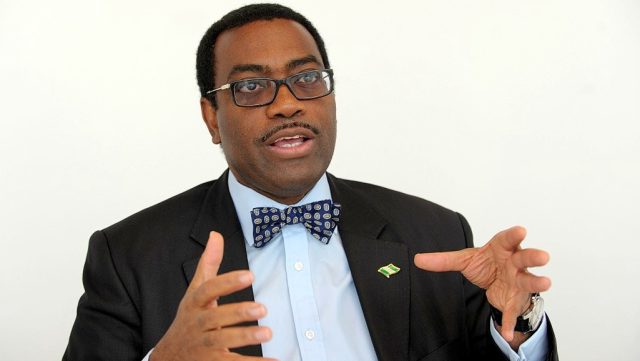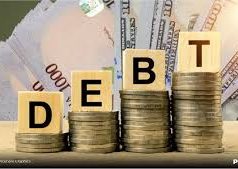Africa’s economic potential is under threat from non-transparent loans secured against natural resources, according to the President of the African Development Bank (AfDB), Akinwumi Adesina. These loans make it difficult to resolve existing debt and hinder future growth, Adesina warned at the Semafor Africa Summit.
Adesina emphasized the need for greater transparency and accountability around debt. He called for an end to opaque resource-backed loans, which complicate efforts to manage Africa’s rapidly growing external debt burden. This debt reached a staggering $824 billion in 2021, with African countries dedicating a significant portion (65%) of their GDP to servicing it.
The situation is further strained by a shift away from concessional loans towards expensive, short-term commercial debt. Eurobond debt, for instance, now makes up a much larger share (44%) of Africa’s total debt compared to just a few years ago (14-17%).
Adesina also criticized the “Africa premium” – higher interest rates African countries face when borrowing from capital markets. This “premium” exists despite data showing that Africa’s default rates are lower than other regions. Adesina urged a change in risk perception, which is driving up borrowing costs for African countries.
The AfDB is actively working on solutions. The African Development Fund, the bank’s concessional lending arm, provides long-term, low-interest rate financing to Africa’s 37 most vulnerable countries. The AfDB also utilizes various instruments like partial credit guarantees and synthetic securitisation to de-risk projects and attract institutional investors.
Despite these challenges, Adesina remains optimistic about Africa’s future, particularly in renewable energy due to the continent’s vast solar potential. He highlighted the Africa Investment Forum, a platform designed to connect global investors with large-scale investment opportunities in Africa’s key sectors like infrastructure, digital technology, and renewable energy.
“Africa is the best investment destination in the world,” Adesina concluded, emphasizing the AfDB’s commitment to creating a business environment that fosters investment and economic growth.

























